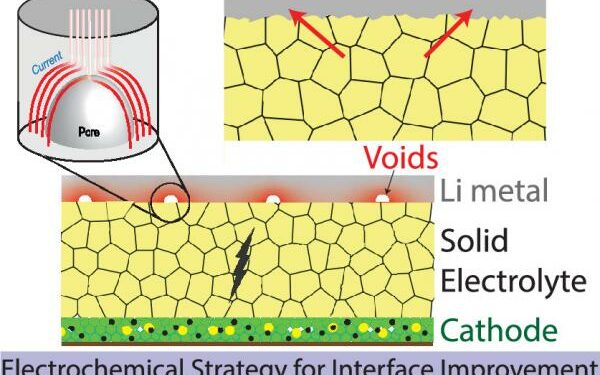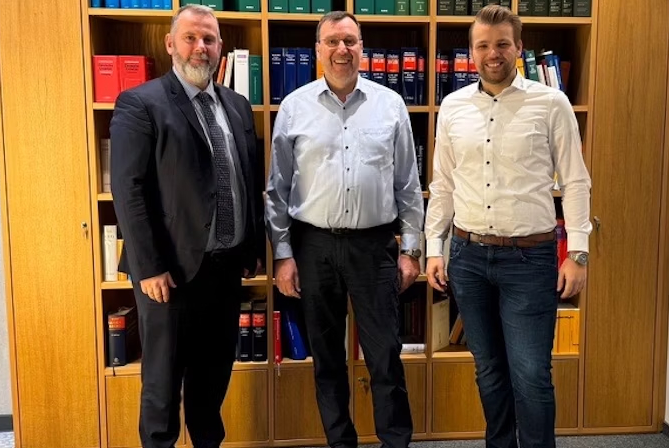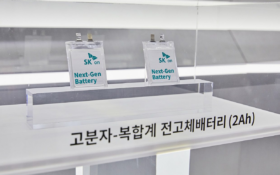Scientists at the Department of Energy’s Oak Ridge National Laboratory (ORNL) have developed a scalable, low-cost method to improve the joining of materials in lithium-ion solid-state batteries.
The development resolves on of the big challenges in the commercial development of safe, long-lived, fast-charging energy storage systems.
One of the challenges in manufacturing solid-state batteries is the difficulty of getting materials to properly join and remain stable during repeated cycles of charging and discharging.
Scientists studying methods to overcome this contact impedance characteristic, have so far focused on applying high pressures, but that process can lead to shorting and would need to be re-applied periodically to extend the battery’s life using an expensive aftermarket application.
The electrochemical pulse the ORNL researchers used eliminates the voids that form when joining layers of lithium metal anode material with a solid electrolyte material: in this case the ceramic garnet-type electrolyte LALZO (Li6.25Al0.25La3Zr2O12).
Applying short, high-voltage pulses led to increased contact at the interface of the materials while resulting in no detrimental effects, as detailed in the journal ACS Energy Letters.
The non-destructive, low-cost pulsing method results in a local heat-generating current that surrounds the lithium metal-encased voids and causes them to dissipate without degradation.
This approach could be scaled to allow the solid-state battery to be removed and refreshed, bringing it back to nearly the original capacity.
Ilias Belharouak, co-lead on the project and head of the Electrification Section at ORNL, said: “This method will enable an all-solid-state architecture without applying an extrinsic force that can damage the cell and is not practical to deploy during the battery’s usage.
“In the process we’ve developed, the battery can be manufactured as normal and then a pulse can be applied to rejuvenate and refresh the interface if the battery becomes fatigued.”
ORNL’s multidisciplinary energy storage team is working to scale up its breakthroughs to a working-scale solid-state battery system.












